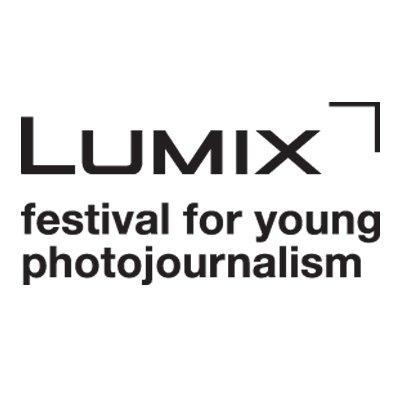The 6th Lumix Festival for Young Photojournalism – FREELENS Award
€ 10,000, as well as two honourable mentions each endowed with € 1,000
- Deadline: 31 January 2018
- Entry fee: Free
- Website: https://fotofestival-hannover.de/en/application/competition-rules.html

Applicants can be young photojournalists, photographers, students of photography, volunteer interns and trainees who are not older than 35 at the time of application. Only the photographers themselves can submit their applications.
Only one series of photojournalistic character, reportage or essay can be submitted per applicant. The work must consist of at least 15 photos, but not more than 30. Group works will not be accepted. The work may already have been published or distinguished at other festivals, but this is not a precondition.
The submitted works must have been created after 1 November 2015.
Any work submitted in previous years will be eligible only if it forms part of a long-term project and contains at least 50 per cent new images.
Applications will be accepted in the period from 1 November 2017 up to and including 31 January 2018. The registration forms will be made available on our website during this period. Applicants must complete their applications within 5 days of registration. This includes submitting the photos (with a resolution of 15 cm on the longer side at 200 dpi) with suitable captions, the exhibition text and a personal biography with a portrait. Applications will be considered only if they are complete.
A team of curators from the photojournalist's organization FREELENS, the University of Applied Sciences and Arts Hanover and the Association for the Promotion of Photography will then choose the 60 works to be exhibited at the festival from the pool of submissions. Selected works will automatically be eligible to participate in the competition for the FREELENS Award as well as the Lammerhuber Photography Award and the Audience Prize. Applicants will be informed by email whether their work will be featured at the festival. The team of curators reserves the right to change the order of the photographs or to shorten photo series without changing the content of the projects. The 60 photographers who are selected are asked to make their submitted photos available to the Festival as printable high-resolution files as early as possible.
From these files, the exhibition prints will be printed in first-class gallery quality at the University of Applied Sciences and Arts Hanover. After the Festival and upon agreement of the photograph, visitors will be able to buy these prints in exchange for a donation to the FREELENS Foundation. The donation of your prints, however, is not obligatory. With the proceeds, the FREELENS Foundation will support the work of photojournalists in developing countries. Should a photographer not agree to make his or her prints available for sale, then we will have no recourse but to destroy the prints as we do not hold the copyright to the photos. Moreover, sending the prints to all the photographers would represent too high a cost for us.
Prizes:
A jury of proven specialists from the photojournalism scene will distinguish one project with the FREELENS Award in the amount of € 10,000, as well as two honourable mentions each endowed with € 1,000. Furthermore, the photobook publisher Lois Lammerhuber will award the best story from everyday life with the Lammerhuber Photography Award in the amount of € 5,000. Panasonic will award the best multimedia story with the LUMIX Multimedia Award, which is also worth € 5,000.
Eligibility:
Applicants can be young photojournalists, photographers, students of photography, volunteer interns and trainees who are not older than 35 at the time of application.
Copyrights & Usage Rights:
With their online registration, participants confirm that they have the exclusive rights to the submitted works, the right to use these works and that the images are free of any rights enjoyed by third parties.
All applicants agree that the LUMIX Festival may use individual photographs selected from the 60 works chosen for the exhibition free of charge for news coverage and advertising of the Festival, any previews and reviews, as well as for purposes of journalistic evaluation.
Additionally, excerpts from the 60 selected works will be printed in a festival catalogue. Participants have no claim on royalties. All 60 of the photographers whose works appear in the catalogue will receive a free copy of the catalogue for their records.

